Tucked away in the sleek, colorful cans of your favorite cocktails lies a not-so-secret ingredient that has been quietly revolutionizing the world of mixology: agave wine. While many may associate agave solely with tequila, this versatile plant also yields a lesser-known but equally tantalizing libation that is finding its way into an increasing number of canned cocktails.
From margaritas to palomas, agave wine adds a layer of complexity and depth to these convenient beverages, elevating them beyond mere convenience into the realm of craft cocktail territory.
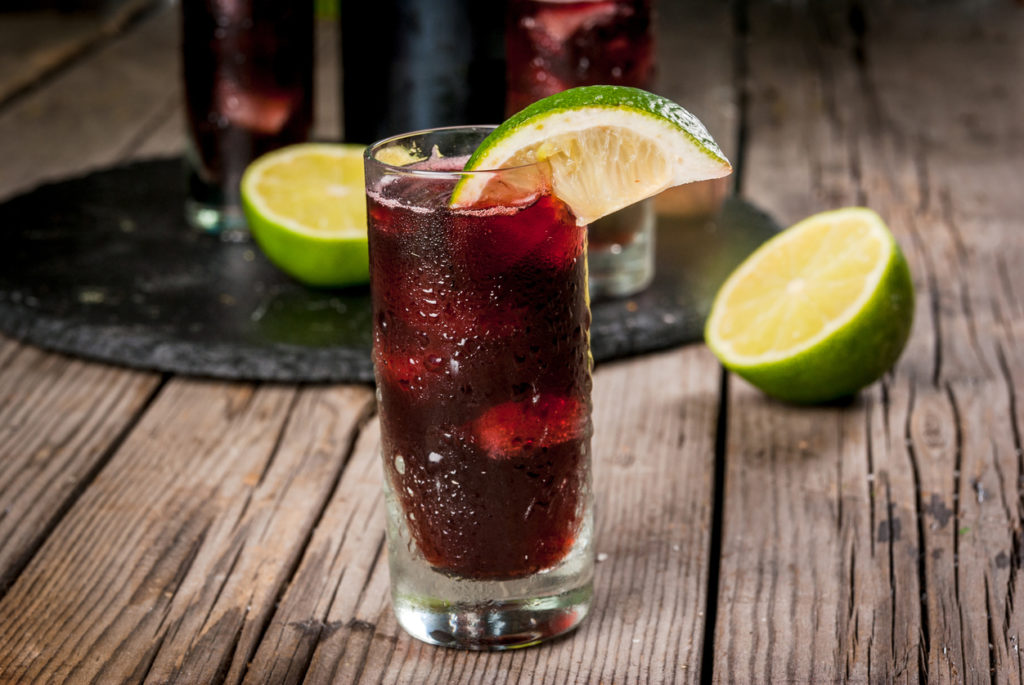
Understanding Agave Wine
Agave wine, also known as agave nectar wine or pulque, is a unique and traditional alcoholic beverage that has been produced in Mexico for centuries. Unlike the popular agave-based spirits like tequila and mezcal, agave wine is made from the fermented sap of the agave plant. This ancient beverage holds a special place in Mexican culture and history, with its roots dating back to pre-Columbian times. Pulque, one form of agave wine, is traditionally consumed for its perceived medicinal properties and has been used in religious rituals and celebrations.
What sets agave wine apart from other alcoholic beverages is its distinct sweet and slightly tangy flavor profile. The fermentation process of the agave sap gives it a refreshing taste with subtle earthy undertones, making it a delightful choice for those seeking something different from traditional grape wines or spirits.
Agave Wine vs. Agave Spirits: A Distinctive Difference
Wine and distilled agave spirits are both derived from the agave plant, but they differ significantly in their production processes and flavor profiles. Agave wine, also known as pulque, is made by fermenting the sap of the agave plant without any distillation process. This results in a low-alcohol, sweet beverage that has been consumed for centuries by indigenous communities in Mexico. It is often described as having a slightly sour taste with earthy undertones.

On the other hand, agave spirits such as tequila and mezcal are produced through distillation of fermented juices extracted from the core of the agave plant. The distillation process yields a higher alcohol content and bolder flavors that vary depending on factors such as region, type of agave used, and production and distilling methods. Unlike agave wine, which is more delicate and subtle in flavor, agave spirits often exhibit smoky, fruity, or herbal notes that make them popular choices for cocktails.
In summary, while both agave wine and spirits come from the same source plant, their distinct manufacturing techniques result in unique flavor profiles that cater to different palates and preferences. Whether it’s sipping on traditional pulque or indulging in a complex tequila cocktail, exploring these diverse expressions of agave can provide an enriching experience for enthusiasts of artisanal beverages.

Is Agave Wine Tequila?
Agave wine and tequila are unique spirits with their own distinct characteristics, despite both being derived from the agave plant. Agave wine, often referred to as agave nectar by agave wine producers or agave spirit, is made by fermenting the sap of the agave plant. This results in a sweet and flavorful alcoholic beverage that showcases the natural sweetness of the agave plant. On the other hand, tequila is specifically made from blue agave plants in certain regions of Mexico and undergoes a specific distillation process to become the iconic spirit we all know.
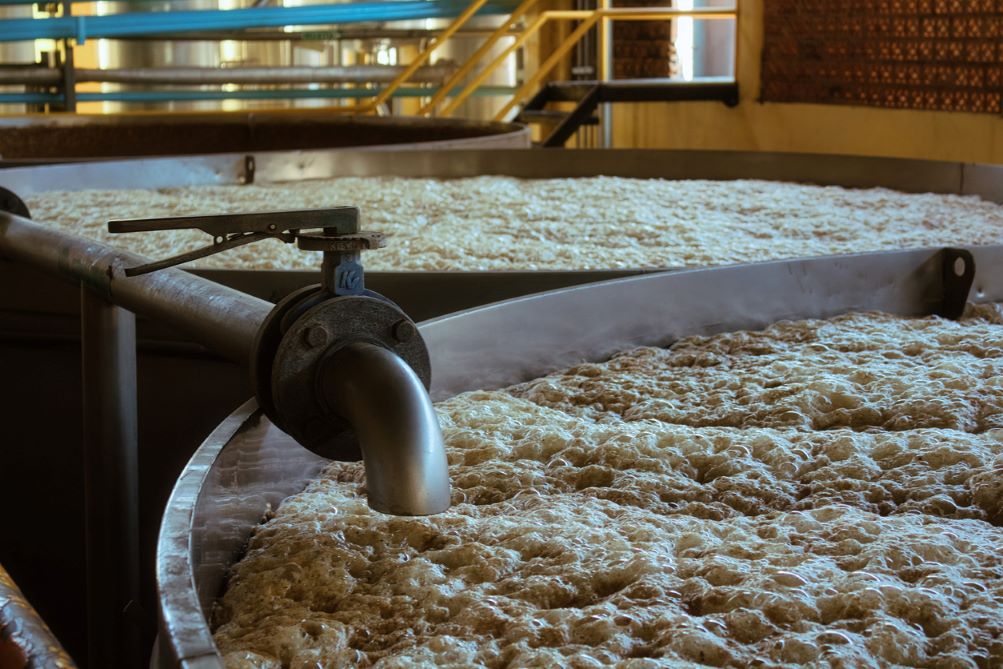
It’s important to note that while both beverages come from the very same plant source, they have different production methods and flavor profiles. Agave wine provides a versatile alternative for those seeking a naturally sweet and floral beverage, while tequila remains renowned for its nuanced flavors and traditional production techniques. So while they may share an origin in the agave plant, it’s clear that agave wine is not equivalent to tequila—it offers its own unique experience for enthusiasts seeking something distinct in their spirits collection.
This is the piña, the heart of the agave plant
The piña, or heart, of the agave plant is a remarkable and essential component in the whole production process of tequila. At its core, the piña resembles a giant pineapple with thick fleshy leaves that store vital elements such as sugars and starches. These elements are key to producing the distinctive flavors and aromas found in tequila, making it an integral part of this iconic Mexican spirit. Despite its outward similarity to a pineapple, the piña’s unique composition sets it apart and makes it a crucial ingredient in creating premium tequila.
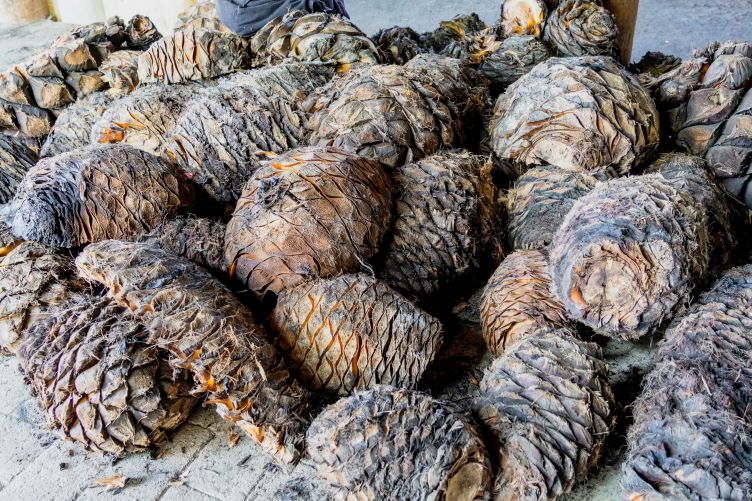
Beyond its role in alcohol production, the piña holds historical and cultural significance for many indigenous communities in Mexico. For centuries, agave has been revered for its versatility; not only used as a source of sustenance but also as material for crafting tools and household items.
Why Agave Wine Cocktails Are So Popular Right Now
Agave wine cocktails are gaining popularity for a multitude of reasons. First and foremost, agave wine offers a unique flavor profile that distinguishes it from other spirits. With its sweet and earthy undertones, it adds depth to classic cocktail recipes, enticing the palates of consumers seeking something new and refreshing. Additionally, as people become more conscious about their health and wellness, the shift toward more agave juice-based drinks aligns with their desire for natural and organic ingredients.

Moreover, the surge in popularity of agave wine cocktails can be attributed to the growing interest in Mexican culture and cuisine. As people explore diverse global flavors, they are drawn to the rich heritage associated with agave plants and the tradition of crafting fine beverages from them.
Understanding Tequila
Tequila is more than just a popular party drink; it’s a deeply ingrained part of Mexican culture and tradition. Crafted from the blue agave plant, tequila production is an ancient art form that has evolved into a global phenomenon. The complex process of the mature agave plants making tequila involves meticulous harvesting, cooking, fermentation, and distillation, resulting in a product that embodies the spirit of Mexico.
Tequila Flavor Profile
One intriguing aspect of tequila is how its flavor profile varies based on the region where it’s produced. From the earthy notes of highland tequilas to the bold flavors of lowland varieties, each bottle tells a unique story shaped by the terroir and expertise of its makers. Furthermore, as tequila gains recognition as a sipping spirit rather than just a shot or mixer, enthusiasts are exploring an array of aged expressions with nuanced characteristics that rival some of the finest whiskies.

Tequila Food Pairing
With its bold and unmistakeable flavor profile, tequila offers a wide range of food pairing possibilities beyond the traditional lime and salt. When it comes to tequila food pairings, it’s all about finding the perfect balance between the spirit’s earthy, herbal notes and the flavors of different dishes.
Pairing tequila with meat and seefruit
A smooth Reposado tequila can be beautifully complemented by savory grilled meats like steak or pork, as the smoky char pairs elegantly with the spirit’s oaky undertones. On the other hand, a vibrant Blanco tequila sets off ceviche or fresh seafood with its citrusy brightness and crisp finish. The key is to experiment and savor how tequila interacts with different cuisines to elevate both the drink and meal.
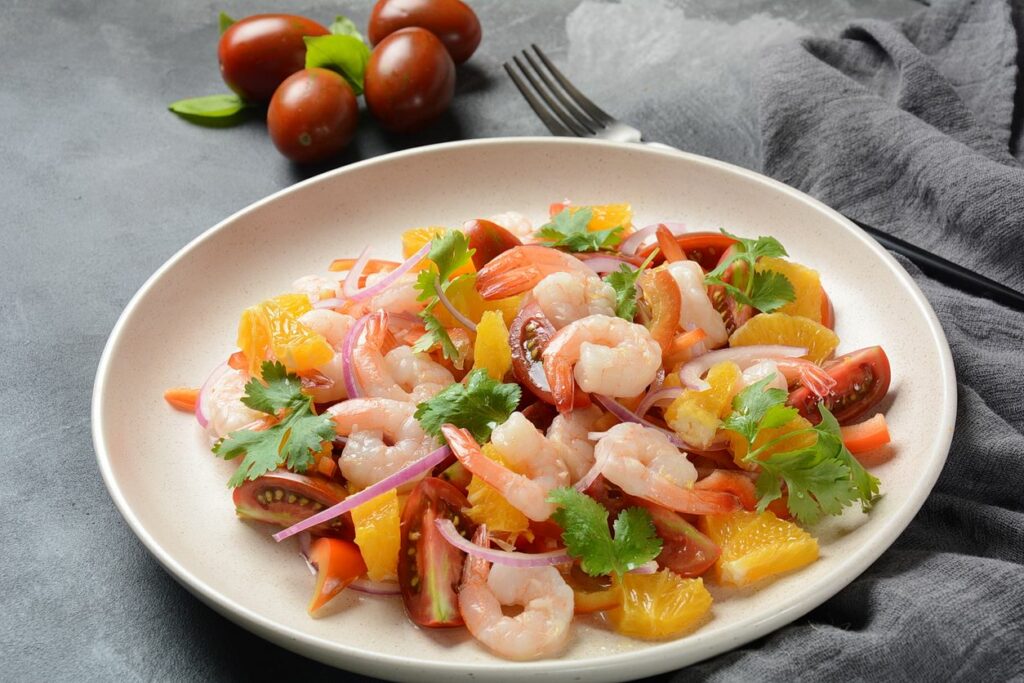
Tequila with appetizers and desserts
Furthermore, don’t overlook dessert when considering tequila pairings. A rich Añejo tequila harmonizes splendidly with decadent chocolate desserts or creamy flan due to its caramel sweetness and woody complexity.
Additionally, exploring spicy or flavorful appetizers such as jalapeño poppers or guacamole can provide an interesting contrast to mellow out the heat with a well-chosen Tequila cocktail like margarita or paloma that enhances each bite. By embracing diverse flavor combinations rather than adhering strictly to tradition, one can truly appreciate how versatile this beloved Mexican spirit is in enhancing culinary experiences.

Varieties and Flavors: A Palette of Tastes
When it comes to tequila, there’s a wide array of flavors and styles to explore. From the earthy richness of añejo to the smooth complexity of reposado, each variety offers a unique tasting experience. Añejo tequila, aged for at least one year in oak barrels, delivers a deep and robust flavor profile with hints of caramel and vanilla. On the other hand, reposado tequila offers a more balanced taste, having been aged for several months to a year which results in a smoother and more mellow flavor.

For those seeking brighter and fruit-forward notes, blanco tequila is the way to go. Its crisp and clean taste makes it ideal for mixing in cocktails or sipping on its own. Meanwhile, joven or gold tequila combines the flavors of blanco with added depth from aging or flavoring agents, resulting in an intriguing fusion of tastes that captures the essence of both young and aged spirits. Exploring these different styles can provide an exciting journey into the world of tequila, where every sip reveals new layers of taste and aroma waiting to be discovered.
Tequila Brands
Don JulioCountry: MexicoStyle: Reposado
Don Julio Reposado is a true testament to the art of tequila making. Its smooth and velvety texture immediately captures the senses, inviting you to indulge in its rich flavors. The aging process in American white oak barrels adds a depth of character and an exquisite balance that sets it apart from other reposados. With hints of vanilla, caramel, and warm spices, each sip unveils a symphony of taste that dances on the palate.
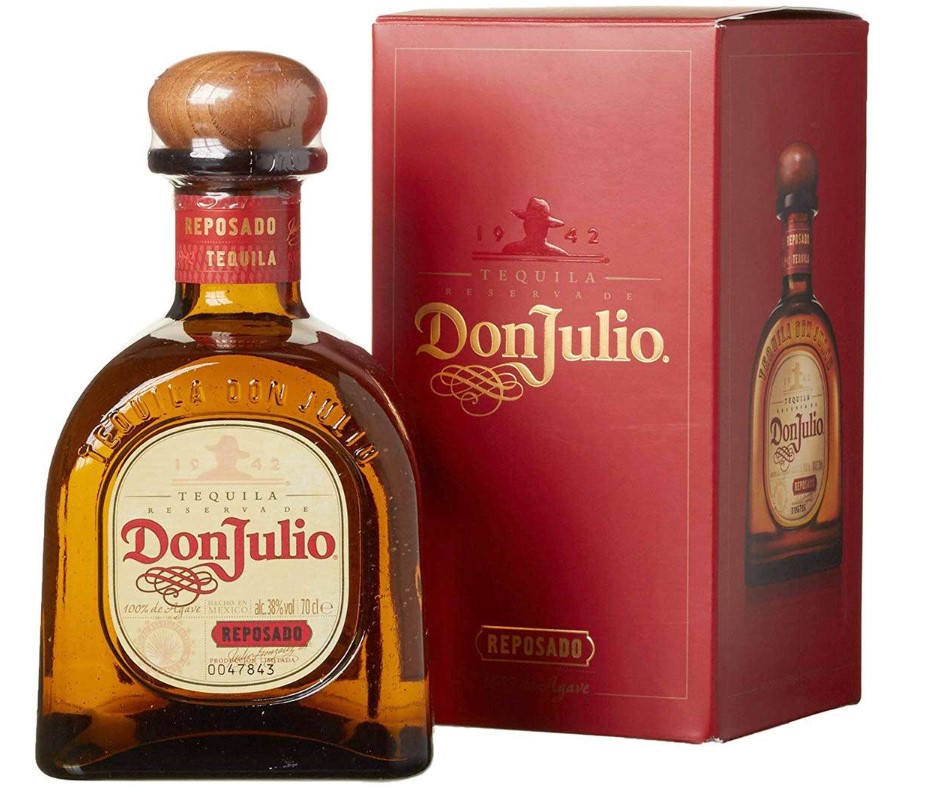
The complexity of Don Julio Reposado’s flavor profile makes it a versatile spirit that can be sipped neat or used as a base for creative cocktails. Its subtle sweetness and gentle smokiness make it an ideal companion for pairing with grilled meats or spicy dishes. This exceptional tequila embodies the soul of Mexico, offering an authentic sensory experience that lingers long after the last drop has been savored.
Herradura Country: Mexico Style: Anejo
The Herradura Country: Mexico Style: Anejo is renowned for its rich and complex flavor profile. Its unique aging process in oak barrels lends a smooth, woody taste with hints of vanilla, honey and caramel, making it an exquisite choice for tequila enthusiasts. Each sip reveals layers of depth, from the initial warmth to the lingering sweetness on the palate, creating a truly memorable tasting experience.
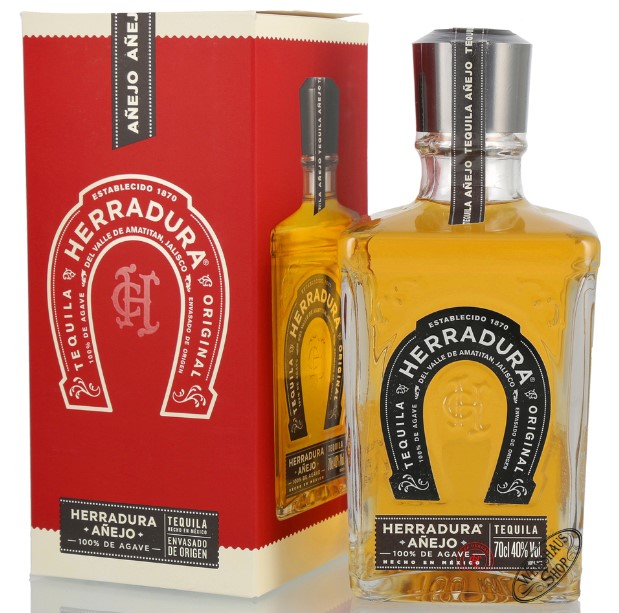
This exceptional Anejo tequila captures the essence of Mexico’s traditional craftsmanship and spirit. The careful selection of agave plants and meticulous distillation process results in a refined and balanced flavor that embodies the country’s rich heritage. With its distinctively bold yet elegant taste, Herradura Anejo stands as a testament to the mastery of tequila production in Mexico, offering an unparalleled sensory journey for aficionados seeking authenticity and excellence in every pour.
1800 Country: Mexico Style: Cristalino
The 1800 Cristalino tequila from Mexico offers a unique and luxurious tasting experience that sets it apart from other tequilas. Its smooth and silky texture gives way to a delicate flavor profile that combines the warmth of agave with subtle hints of vanilla and caramel. The carefully crafted aging process in American oak barrels infuses the spirit with a richness that elevates its taste to a whole new level. This results in an exquisite balance of sweet and spicy notes, making every sip of 1800 Cristalino an indulgent treat for the senses.
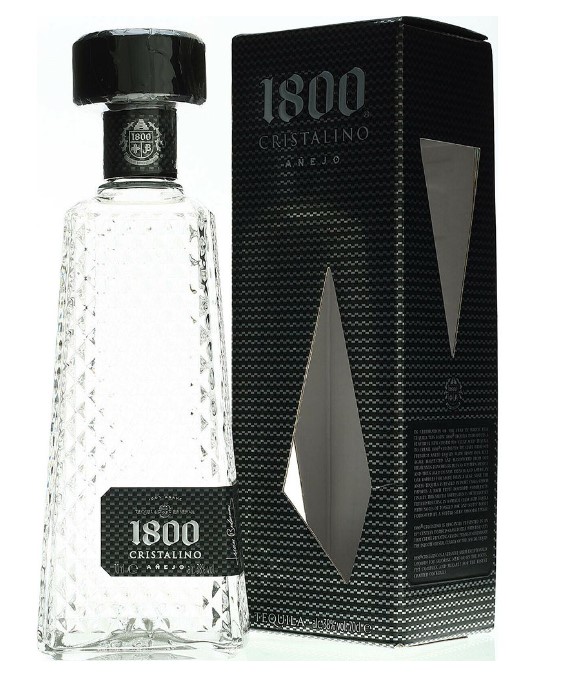
What sets 1800 Cristalino apart is its distinctive flavor, which showcases the depth and complexity that can be achieved through expert craftsmanship. The tequila’s refined taste offers layers of nuanced flavors, allowing enthusiasts to savor each sip as it evolves on their palate. Perfect for both casual sipping or mixing into cocktails, this tequila’s versatility adds to its allure as a must-have addition to any liquor collection.
Whether enjoyed neat or incorporated into your favorite recipes, 1800 Cristalino tantalizes the taste buds with its sophisticated profile, making it an exceptional choice for those seeking a premium tequila experience.
Bottom Line
In conclusion, the comparison between agave wine and tequila reveals that both beverages have their own unique characteristics and appeal to different tastes. Agave wine offers a diverse range of flavors and styles, making it a versatile choice for those seeking variety in their drinks. On the other hand, tequila’s distinct smoky and earthy notes cater to traditionalists and connoisseurs of Mexican spirits.
While both are derived from the agave plant, they differ in production methods and flavor profiles, providing consumers with plenty of options to explore. Whether you’re a fan of agave wine or tequila, there is no denying the rich heritage and craftsmanship behind these products. Ultimately, it is up to each individual to decide which one better suits their preferences

